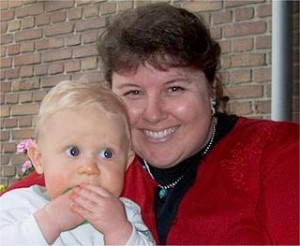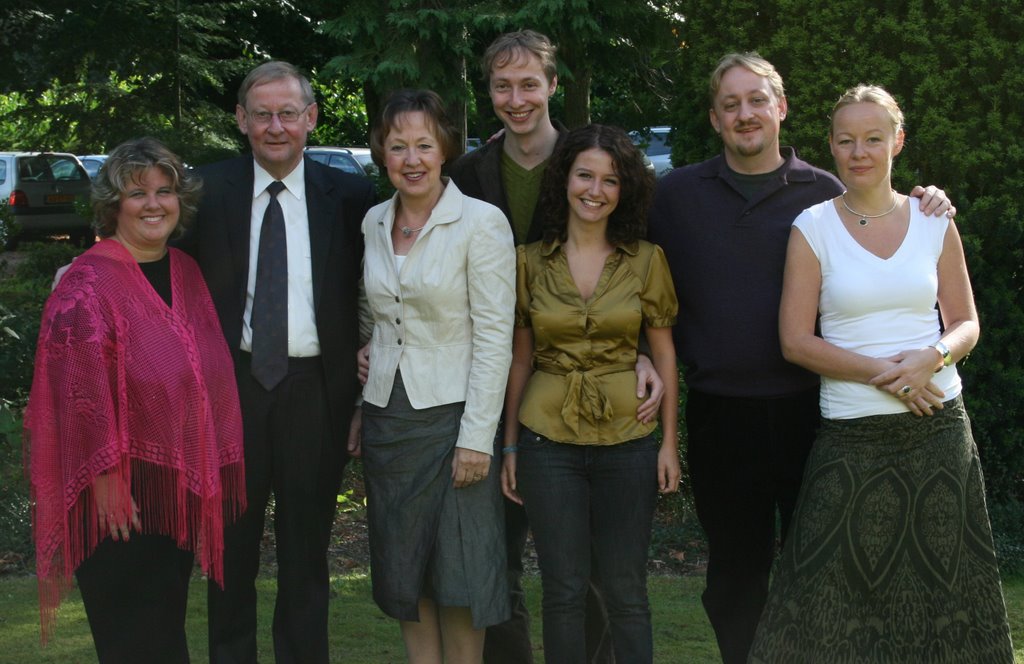Saying Goodbye when only the Mind is Going
admin | Tuesday, July 28th, 2009 | No Comments »I believe one of the toughest issues to deal with is watching a family member age into the latter years of their lives slowly losing parts of their personality and health along the way.
Especially challenging is the “loss” and anger we feel when our loved one begins forgetting much of what they say and becoming a different person because of this change. Perhaps they have become afraid or quite needy because they don’t remember conversations they have moment by moment or day to day. This can be so upsetting if you are used to someone who was always assertive and clear headed.
On the flip side a once loving family member may now be snappy and demanding, making constant requests and little else. You ask yourself, “Who is this person”? “Do I even want to spend time with them anymore”?
Remember the old “seesaw” from the playground? Now our emotions are riding this childhood toy. One minute we are up and the next we are down just like our family member. It can be difficult to navigate such a relationship. We go from family member to caregiver with a misunderstood or twice repeated sentence over the phone.

Losing one's memory is an up and down ride for everyone
And with no caregiver training or experience this can have an unhappy outcome for all concerned. It is hard to be patient and understanding when you don’t understand what is happening or begin doubting yourself as to what you have said or heard. This is a seesaw ride that is no fun.
What we thought was clear a minute ago may now not even be remembered as spoken. Panic may set in as we try and determine if our loved one will remember important information. Especially since so many of us live a county, province or state away and maintain long distance relations with our family.
The feelings that arise under these circumstances are varied. “Why are they behaving this way?” “Are they trying to make me feel guilty?” “Is no one at the care facility helping them?” “Why am I the only family member who is doing anything?”.
Perhaps there are no negative answers to these questions. Perhaps what they told one member they forgot to tell another or they simply don’t remember being given their medications or eating earlier. Perhaps they are safe and well but were unable to communicate that and now you are left feeling worried and stressed.
This awareness does not solve the pain and sadness we feel when we realize we are losing someone we love while they are still here.
And while I believe there are a lot of options and solutions to helping both sides of the family out in this situation in regards to the forgetting* there is little solution for the sadness for the loss of the family member who is slipping away.
Sometimes all we can ask for is a hug. If you are struggling with this in your life, please do ask for a hug. Take a break from the pain and acknowledge your sad. It’s ok to say this doesn’t feel good. It’s ok to be angry that your mother or aunt or life long friend is becoming someone you don’t really know anymore. Hard to admit but maybe someone who has become more chore than joy. A hug is indeed in order!
And give a hug. Most of us are or will go through this or know someone who is. Sometimes words say nothing and yet a hug can say so much. “I understand”, “you are strong, hang in there”, “you are not alone”.
Saying goodbye when only the mind is going is a painful farewell.
Maybe the best solution possible is to draw on a happy memory during these times.
No need to say goodbye to those too.
forgetting* – call me to schedule a brainstorming session around tools and tips specific to your situation. Something as simple as putting a corkboard and notepad by the phone or hiring a local church member to coordinate day to day issues can provide stress relief and solution.
Seesaw image credit: www.mamalisa.com



